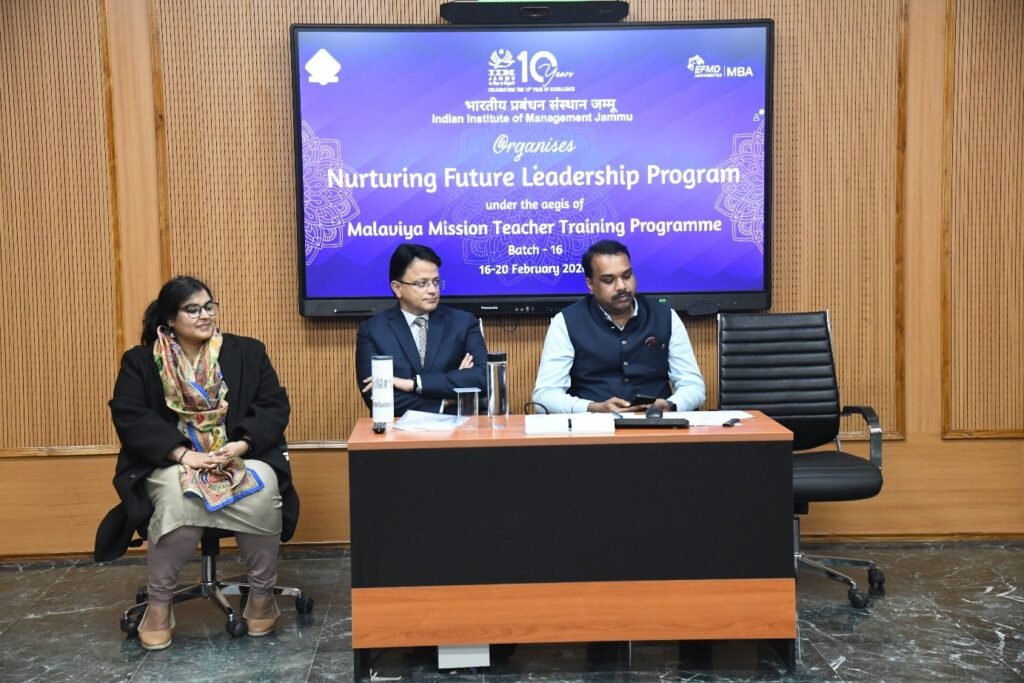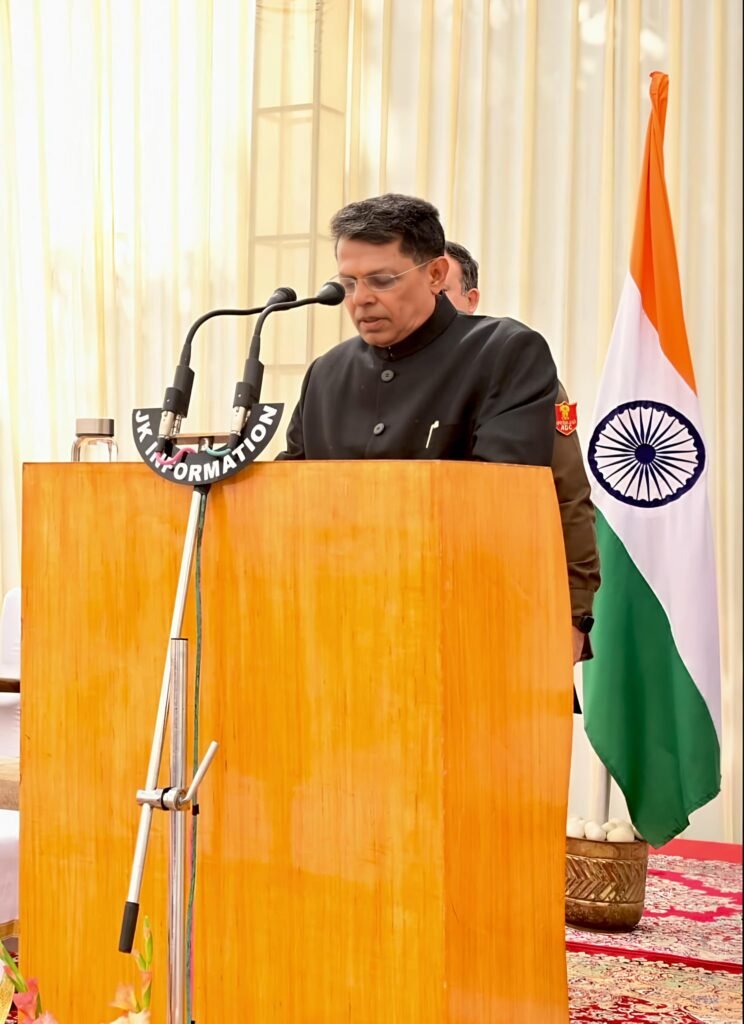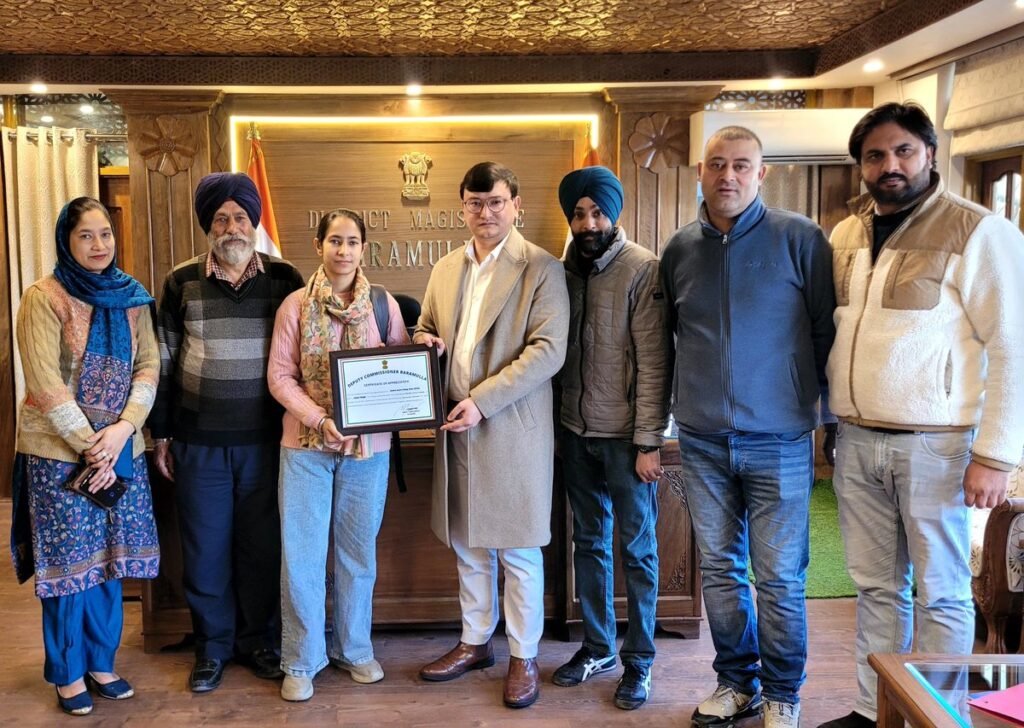In a significant development in Jammu and Kashmir’s evolving governance landscape, Lieutenant Governor Manoj Sinha has returned the proposed Transaction of Business Rules to the Omar Abdullah-led government on May 4, 2025. The LG cited inconsistencies between the draft rules and the J&K Reorganisation Act, 2019, which defines the administrative framework for the Union Territory.
The TBR, crafted by a Cabinet Sub-Committee led by Deputy Chief Minister Surinder Choudhary, alongside Ministers Javed Rana and Sakeena Itoo, sought to bolster the elected government’s authority over critical administrative functions. Central to the proposal was the requirement for cabinet approval for postings and transfers of senior officials, including deputy commissioners and executive magistrates, who play pivotal roles in maintaining law and order. This move was seen as an attempt to reassert the elected government’s influence in a system where the LG holds significant discretionary powers.
The J&K Reorganisation Act, however, assigns the LG control over All India Services (IAS/IPS), the Anti-Corruption Bureau, and matters beyond the Legislative Assembly’s jurisdiction. LG Sinha’s office flagged the TBR’s provisions as overstepping these boundaries, particularly the attempt to regulate IAS officer postings, which the Act places under the LG’s purview. Legal experts consulted by the administration underscored that no subordinate legislation, such as the TBR, can override parliamentary law.
The Omar Abdullah government, formed after the 2024 Assembly elections, has been grappling with the limitations of operating within a Union Territory framework. The TBR was drafted after reviewing historical business rules from the erstwhile State of Jammu and Kashmir and subsequent amendments post-2019. Yet, the LG’s rejection highlights a broader tussle over administrative control, with the elected government advocating for greater autonomy to reflect the people’s mandate.
Tensions have also surfaced over the dominance of IAS officers in key departmental roles, traditionally held by Jammu and Kashmir Administrative Service (JKAS) officers. The National Conference-led government has voiced concerns about bureaucratic overreach, while the LG’s office maintains that adherence to the Reorganisation Act is non-negotiable.
Public discourse, as reflected in posts on X, reveals polarized views. Some see the TBR as a step toward restoring statehood-like powers, while others commend the LG for upholding the legal framework. This standoff follows earlier friction, such as the LG’s unilateral transfer of JKAS officers in April 2025, which had sparked similar debates.
As Jammu and Kashmir navigates its post-Article 370 administrative reality, the rejection of the TBR underscores the delicate balance between elected representation and centralized authority. The Omar Abdullah government now faces the challenge of revising the rules to align with the Reorganisation Act or finding alternative ways to assert its governance vision.










